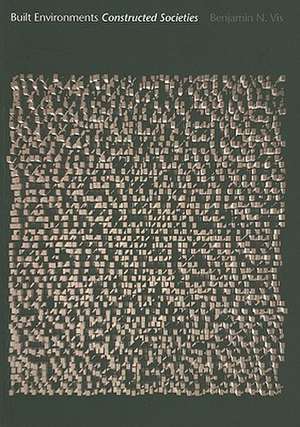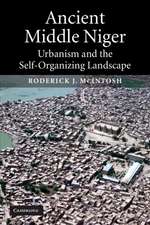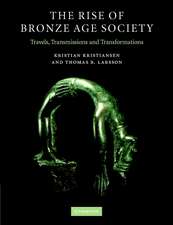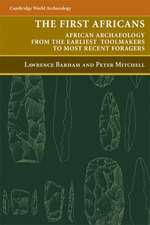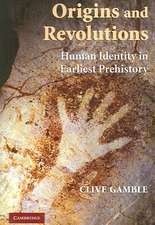Built Environments, Constructed Societies: Inverting Spatial Analysis
Autor Benjamin N. Visen Limba Engleză Paperback – 30 noi 2009
Preț: 189.81 lei
Nou
Puncte Express: 285
Preț estimativ în valută:
36.32€ • 37.71$ • 30.29£
36.32€ • 37.71$ • 30.29£
Carte tipărită la comandă
Livrare economică 18-24 martie
Preluare comenzi: 021 569.72.76
Specificații
ISBN-13: 9789088900389
ISBN-10: 9088900388
Pagini: 179
Dimensiuni: 180 x 257 x 13 mm
Greutate: 0.43 kg
Editura: Sidestone Press
ISBN-10: 9088900388
Pagini: 179
Dimensiuni: 180 x 257 x 13 mm
Greutate: 0.43 kg
Editura: Sidestone Press
